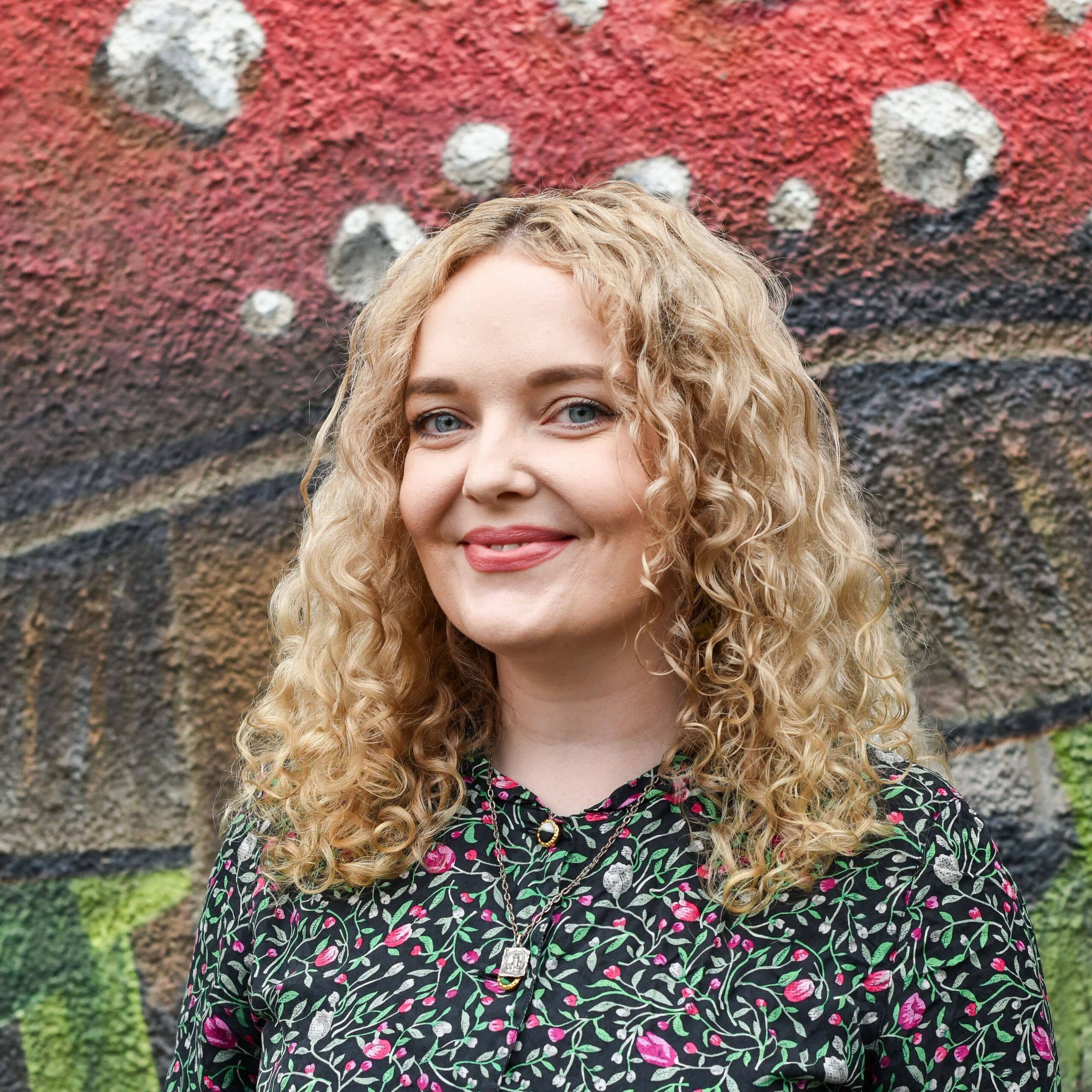Young women struggle to access the healthcare they need and deserve
Young women struggle to access the healthcare they need and deserve
- Article
- Health
- Rights
Estimated reading time: 4 minutes
Yesterday, we launched our latest research report, The Status of Young Women in Scotland 2022 – 2023: Experiences of Accessing Healthcare.

For those new to the report, it explores the experiences of young women throughout their healthcare journey, from registering with a medical centre to interacting with healthcare professionals. The report identifies the changes needed to improve healthcare experiences for young women.
For this blog, we wanted to highlight some key and wide-ranging findings from the report:

Young women struggled to access the healthcare they needed and deserved. The inaccessibility of appointment booking was the most common barrier to young women’s ability to make the appointments they needed. We heard from young women who; are working, in education, have caring responsibilities, have long-term or mental health conditions meaning early mornings can be difficult, may struggle to communicate on the phone due to language or neurodivergence, about how these systems do not work for them.
The highest proportion of young women (40%) rated their experiences of accessing healthcare as “okay”. Just under a fifth (17%) rated their experiences as mostly bad and a further 8% rated it as mostly awful.

They would like to be able to access healthcare through the NHS, acknowledging how unique our healthcare system is. If accessing private healthcare is necessary because of NHS failings, young women suggested they should receive personal healthcare budgets through the NHS.
There needs to be more women and people with marginalised genders in positions of power throughout the medical profession.

People with long term health conditions had some of the worst experiences due to the one size fits all nature of treatment being inappropriate for them. This often meant having to start the access journey repeatedly with each referral.
They want to be heard, seen, listened to and validated. They want healthcare professionals to take them seriously. They no longer want to experience medical misogyny or feel gaslit in healthcare settings. Young women and people of marginalised genders need to feel safe to access timely care. Especially in relation to abortion and reproductive services and gender-affirming healthcare.
Limited NHS resources made appointments scarcer leading to respondents feeling guilt over asking for help. Reception staff were presented as gatekeepers to healthcare.

Improving training for medical professionals is essential, especially relating to sexual and menstrual health, also surrounding how conditions present differently in young women. The medical profession needs to practice anti-racism, dismantle ableism and operate intersectionally to consider the experiences of all young women and people of marginalised genders.

Young women make several recommendations relating to alternative ways to access healthcare, which are widespread and standardised across Scotland covering waiting lists, better access to information and signposting, and improved communication between healthcare providers.
- Under a third (30%) of young women said their experience of healthcare was mostly good. Being listened to, heard, believed and validated, were by far the most important features of a positive healthcare experience. Young women appreciated practitioners who showed empathy and genuine care
There were several other key findings in the report exploring themes such as the barriers young women face accessing healthcare, characteristic and intersectional aspects contributing to compounded issues of accessing healthcare. Also factors such as education around healthcare for themselves, marginalised groups’ access to good healthcare, and the want for more research into the understanding of women’s health.
Overall, young women struggle to access the healthcare they need and deserve.
The Young Women’s Movement would urge policymakers, healthcare practitioners, and institutions in positions of power that can implement change in young women’s access to healthcare to listen and learn from these findings.
